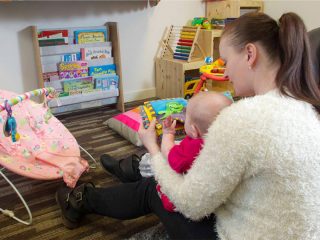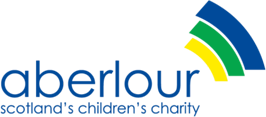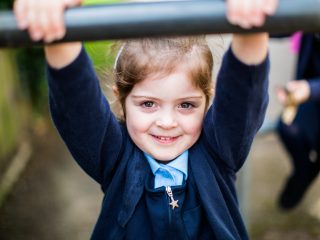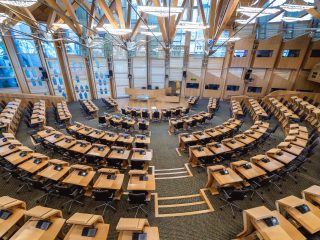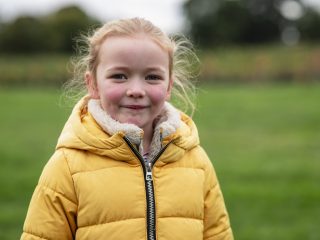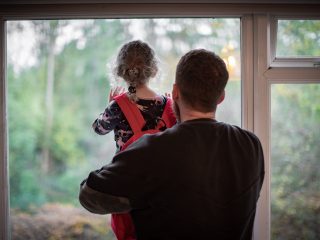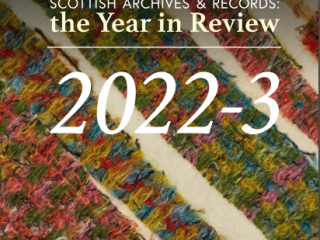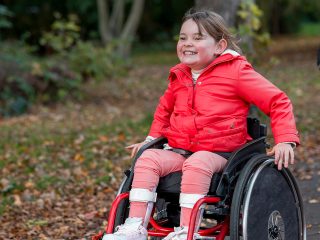Aberlour is committed to supporting, promoting and protecting the human rights of all children and young people. We have championed the incorporation of the United Nations Convention of the Rights of the Child (UNCRC) in order to make the rights of children and young people across Scotland real – for every child, every day, everywhere
Children and young people’s rights are at the heart of the work we do every day as an organisation, supporting children, young people and families. We will ensure that the voices and views of children and young people will be listened to and acted upon and will inform and influence all decisions that impact upon them and the work we do as an organisation.
We will ensure there is clear accountability and transparency in how we support, promote and protect the rights of children and young people in Aberlour. We will do this consistently through CRWIAs to support the development and delivery of our services, projects and policies to ensure children and young people’s rights remain the primary focus of all our work.
WHAT IS A CRWIA?
CRWI As allow you to evidence the impact a policy or piece of work will have on children and young people’s rights. This helps you to really think about how particular policies within your organisation can uphold children’s rights. This includes seeking out information about what children and young people have said on a topic. We know this approach is crucial for keeping the child at the centre of our work.
CRWIAs encourage you to think about how different groups may be affected by a specific policy or piece of work, ensuring consideration and acknowledgement of how it may impact differently on different children and young people. This helps to proactively plan, rather than react, to different circumstances if they arise. CRWIAs are also important for helping to consider any negative impact on children and young people’s rights a policy or piece of work may have.
Aberlour is committed to the development and implementation of CRWIAs as part of our work in supporting, promoting and protecting the rights of children and young people. We will also use CRWIAs to help effectively ensure the work we do with partners, including local authorities and public bodies, meets our obligations in relation to UNCRC.
UNCRC ARTICLES
We work with children, young people and families throughout Scotland experiencing disadvantage and discrimination, providing services and support in communities around the country. We help to overcome significant challenges, such as the impact of drugs and alcohol on family life, growing up in and leaving care, poor mental health, living with a disability, arriving alone in Scotland as a refugee or asylum seeker, or the impact of poverty and inequality. We understand that not all children are born with an equal chance and are committed to beating poverty and discrimination.
THE PRIMARY UNCRC ARTICLES THAT INFORM AND GUIDE OUR WORK ARE:
Article 2 (non-discrimination) – The UNCRC applies to every child without discrimination, whatever their ethnicity, sex, religion, language, abilities or any other status, whatever they think or say, whatever their family background.
Article 3 (best interests of the child) – The best interests of the child must be a top priority in all decisions and actions that affect children.
Article 12 (respect for the views of the child) – Every child has the right to express their views, feelings and wishes in all matters affecting them, and to have their views considered and taken seriously. This right applies at all times, for example during immigration proceedings, housing decisions or the child’s day-to-day home life.
Article 18 (parental responsibilities and state assistance) – Both parents share responsibility for bringing up their child and should always consider what is best for the child. Governments must support parents by creating support services for children and giving parents the help they need to raise their children.
Article 20 (children unable to live with their family) – If a child cannot be looked after by their immediate family, the government must give them special protection and assistance. This includes making sure the child is provided with alternative care that is continuous and respects the child’s culture, language and religion.
Article 22 (refugee children) – If a child is seeking refuge or has refugee status, governments must provide them with appropriate protection and assistance to help them enjoy all the rights in the Convention. Governments must help refugee children who are separated from their parents to be reunited with them
Article 23 (children with a disability) – A child with a disability has the right to live a full and decent life with dignity and, as far as possible, independence and to play an active part in the community. Governments must do all they can to support disabled children and their families
Article 27 (adequate standard of living) – Every child has the right to a standard of living that is good enough to meet their physical and social needs and support their development. Governments must help families who cannot afford to provide this
Article 31 (leisure, play and culture) – Every child has the right to relax, play and take part in a wide range of cultural and artistic activities. Article 39 (recovery from trauma and reintegration) – Children who have experienced neglect, abuse, exploitation, torture or who are victims of war must receive special support to help them recover their health, dignity, self-respect and social life.
